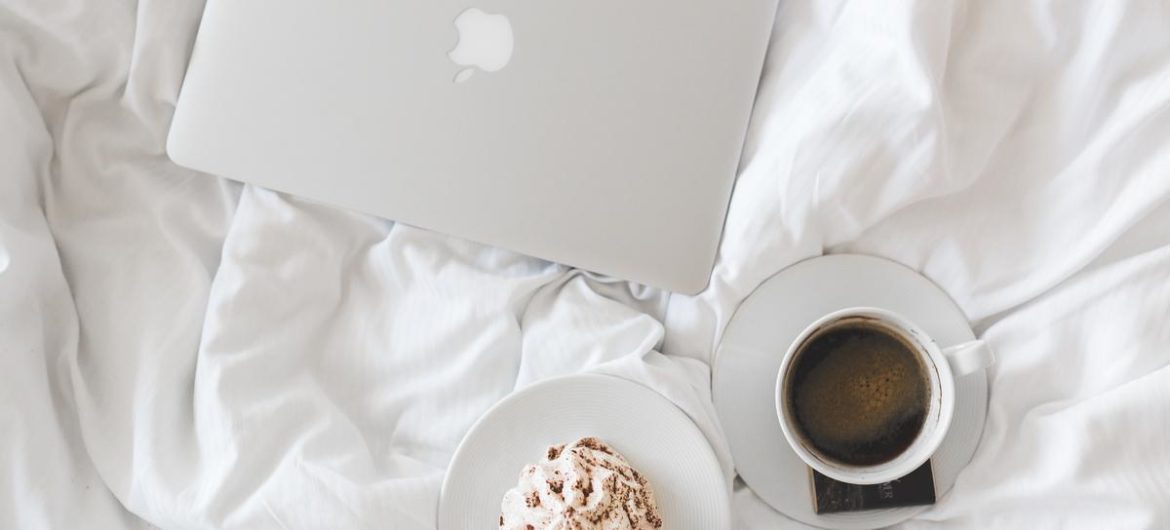With many people being forced to work from home as a result of the coronavirus, it can be extremely tempting to reach for your laptop and conduct your business from the comfort of your bed.
But according to sleep expert Dr Sophie Bostock, there are very good reasons to keep your bed reserved for dreaming and not using it as a makeshift office. It is bade for posture, makes us less productive and – crucially – impacts our sleep.
It comes as research by Bensons for Beds shows 89 percent of Brits admit to struggling to get a good night’s kip as it is.
To help workers across the UK get the best shut eye they can while working from home, Dr Sophie and other experts reveal all the reasons why working from bed is not conducive to staying healthy during the coronavirus pandemic.
With many Brits forced to work from home as a result of the coronavirus, it can be extremely tempting to reach for your laptop and conduct your business from the comfort of your bed.
But according to sleep expert Dr Sophie Bostock, there are very good reasons to keep your bed reserved for dreaming and not using it as a makeshift office. It is bade for posture, makes us less productive and – crucially – impacts our sleep.
It comes as research by Bensons for Beds shows 89 per cent of Brits admit to struggling to get a good night’s kip as it is.

To help workers across the world get the best shut eye they can while working from home, Dr Sophie and other experts reveal all the reasons why working from bed is not conducive to staying healthy during the coronavirus pandemic.
Simon Loong, founder and CEO of WeLab, stressed the importance of setting up a home office environment and mindset where you have a dedicated work space exclusively for business.
‘This creates a mental shift which helps you transition into “work mode”, where you have a sense of routine, reduce the potential distractions around you and provide comfort for working. This can significantly increase your productivity,’ he said.
Simon also recommended not staying in your pyjamas all day to help that mental shift into work mode.
You will be less productive
Dr Sophie explained, ‘When it comes to switching off the light at night, if you’ve been in your bed all day, thoughts about work are more likely to persist.’
By the same coin, working from your bed means it’s also likely you’ll be less productive and more likely to nod off during the day.
Dark bedrooms are not conducive to work
The best work environments have plenty of daylight – sunlight is a natural mood booster, so it can help to keep your energy levels up if you work next to a window.
‘Exposure to natural light during the day, especially in the morning, also helps to fully wake up your body clock, so that by night time, your body is ready for sleep,’ Dr Sophie added.

‘One study found that workers who sat next to a window had 46 minutes more sleep than those who worked away from daylight.’
It’s bad for your back
Dr Sophie warned: ‘Reclining on a bed as you curve over a laptop could bring on back pain, which could interfere with your sleep at night.
‘Try and set up a similar work space that you typically use at work – either seated at a desk which allows you to maintain a straight back, or you could try and set up a standing desk.’
If you are isolating yourself in a studio and everything is in one room, it’s still worth trying to create boundaries between work and rest spaces.
‘Exposure to natural light during the day, especially in the morning, also helps to fully wake up your body clock, so that by night time, your body is ready for sleep,’ Dr Sophie added.
‘One study found that workers who sat next to a window had 46 minutes more sleep than those who worked away from daylight.’
That could mean keeping a different bed cover or cushions on the bed to disguise it during the day, changing the position of the bed at night, and changing the lighting – so that it’s bright by day, but with dim light from lamps at night.
-Daily Mail




